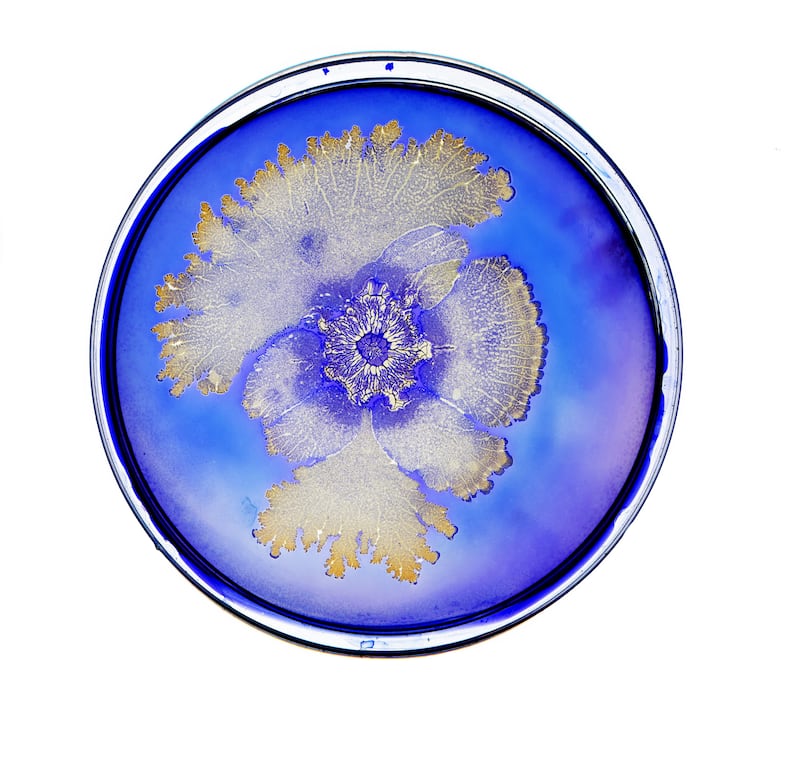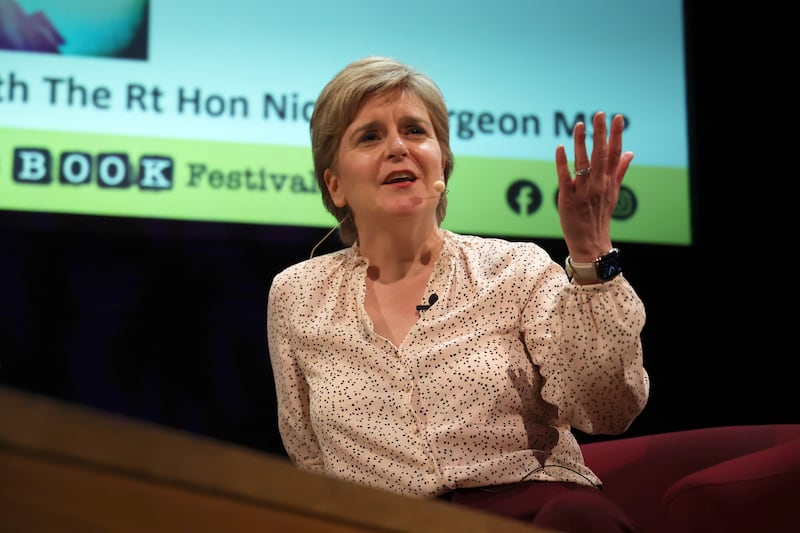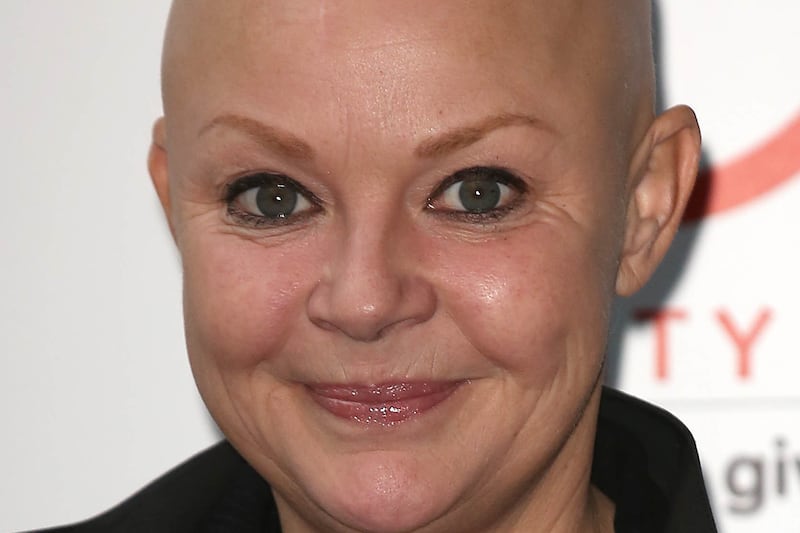A new exhibition hopes to “rehabilitate” the reputation of bacteria.
Bacterial World will display a 92ft (28m) long, inflatable E.coli sculpture among its 55 exhibits on the “earliest form of life on Earth”.
Deep-sea and geological specimens, as well as leafcutter ants, leeches and vampire bats, which live symbiotically with bacteria, will feature in the show, which draws on research from across the University of Oxford.

While mostly associated with food poisoning, illness and disease, curators say the “remarkable organisms” can “swim using nanoscopic motors, and battle with ‘spears’ – they sense, communicate, and remember”.
Professor Judith Armitage, president-elect of the UK Microbiology Society and lead scientist for the exhibition, opening at the Oxford University Museum of Natural History, said: “I hope this exhibition goes some way to revealing the generally unknown and unseen vast, diverse world of bacteria.
“Bacteria have been evolving since the beginning of life on Earth and helped form the planet on which we live, providing the oxygen and much of the nitrogen needed for current life.
“Their complex communities, where they live and die, compete, communicate, co-operate, fight and have sex, have evolved for specific environments and, we are coming to realise, are essential for healthy soils, oceans and even ourselves.

“While some, in the wrong place, can cause diseases, we need to understand microbial communities to be able to continue to control those diseases and to maintain both a healthy body and a healthy planet.”
The exhibition will show how bacteria could help tackle environmental problems, including oil-spills and plastic waste, curators say.
Geological fossils will show evidence of how bacteria oxygenated the Earth 2.4 billion years ago.

The Wellcome Collection, Yale Peabody Museum of Natural History, the Pitt Rivers Museum, and the Natural History Museum, London, have loaned items for the show, which opens in October.
Professor Paul Smith, director of the Oxford University Museum of Natural History, said the exhibition will explore “our very intimate relationships with bacteria”.








